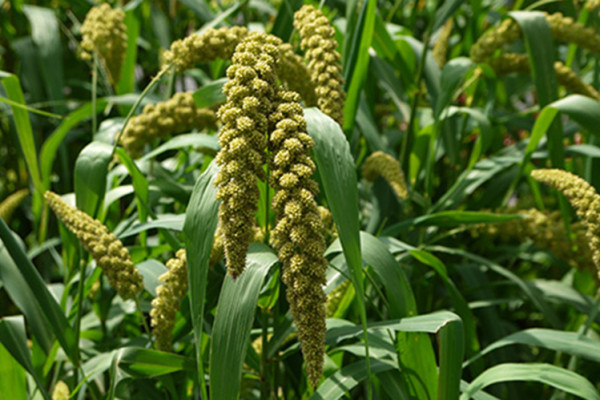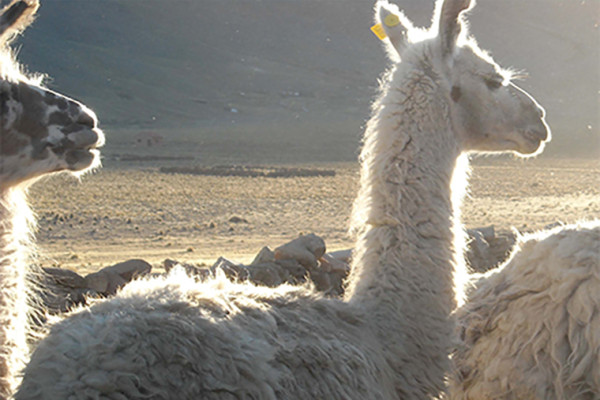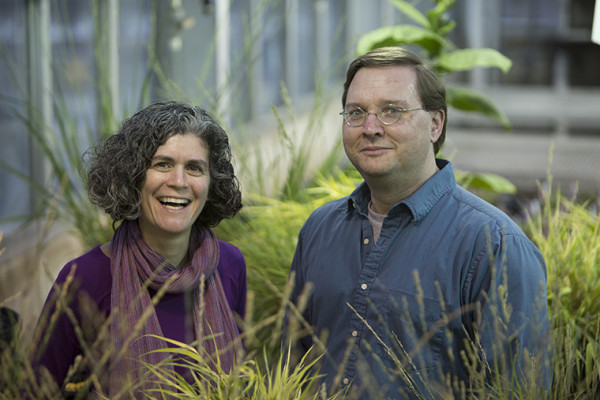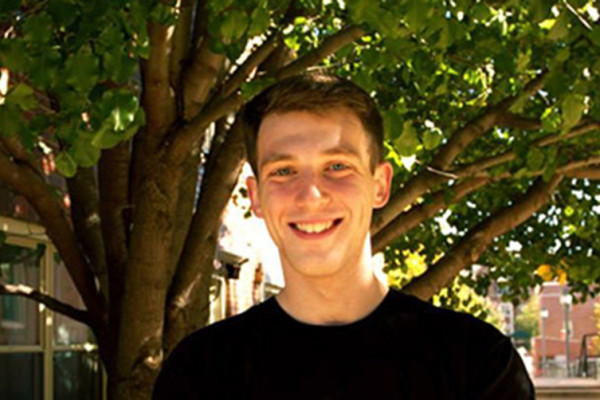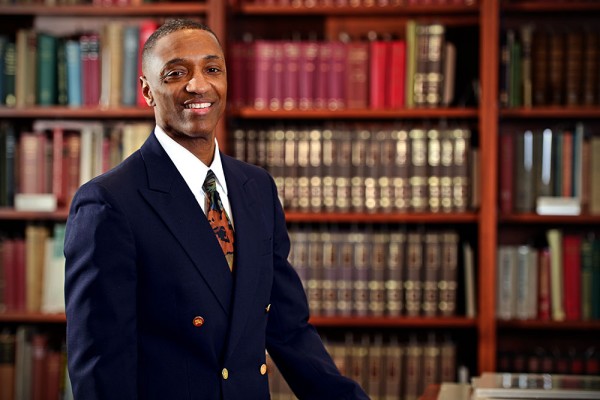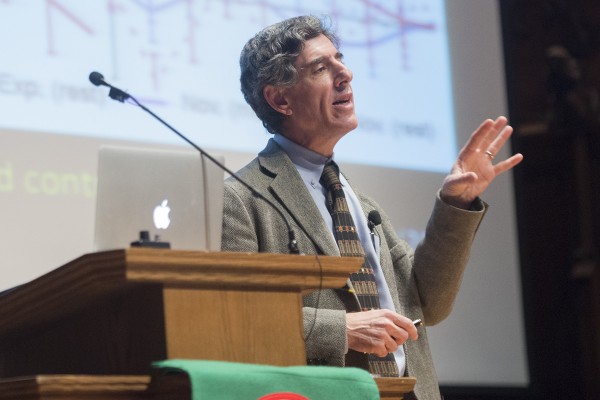Genetic study tackles mystery of slow plant domestications
Did
domesticating a plant typically take a few hundred or many thousands of years? Genetic studies often indicate that domestication traits have a
fairly simple genetic basis, which should facilitate their rapid
evolution under selection. On the other hand, recent archeological
studies of crop domestication have suggested a relatively slow spread
and fixation of domestication traits. An article in “The Modern View of Domestication,” a special issue of PNAS, tries to resolve the discrepancy.
The story of animal domestication retold
A review of recent research on the
domestication of large herbivores for “The Modern View of
Domestication,” a special feature of PNAS, suggests that neither intentional
breeding nor genetic isolation were as significant as traditionally
thought.
Danforth Fellowships in plant sciences announced
Chancellor Mark S. Wrighton has announced the creation of new four-year fellowships in the Division of Biology and Biomedical Sciences, made possible by a generous gift from William H. Danforth. Danforth hopes the new fellowships will attract highly motivated students to this field of study and foster a culture of intellectual entrepreneurship focused on research and innovation in plant sciences.
Trustees grant faculty promotions, tenure
At a recent WUSTL Board of Trustees meeting, several faculty members were appointed with tenure, promoted with tenure or granted tenure.
Steven Fazzari to be installed as the Bert A. and Jeanette L. Lynch Distinguished Professor
Steven Fazzari, PhD, will be installed as the Bert A. and Jeanette L. Lynch Distinguished Professor in a ceremony on Monday, April 21. He is the first to receive this distinction in the Department of Economics, thanks to the generosity of the Lynches, who have provided for a total of three new professorships. The other two are named in honor of Douglass C. North, PhD, and the late Murray L. Weidenbaum, PhD.; these appointments will be made at a future date.
Vertical Seminar in the Humanities gives professors, students new analysis tools
Joseph Loewenstein, PhD, director of the Humanities Digital Workshop, is leading a vertical seminar for faculty, staff and graduate students in the digital humanities. The burgeoning field gives scholars new methods to analyze literature and history and encourages a new kind of cross-disciplinary collaboration.
Tinianow to receive 2014 Stalker Award
Alex Tinianow will receive this year’s Harrison D.
Stalker Award from the Department of Biology in Arts & Sciences at
Washington University in St. Louis. The award is given annually to a graduating biology
major whose undergraduate career combines outstanding scientific
scholarship with significant contributions in the arts and humanities.
Transdisciplinary collaboration is key
William F. Tate, PhD, the Edward Mallinckrodt Distinguished University Professor in Arts & Sciences and chair of the Department of Education at Washington University, has been named the next dean of the Graduate School of Arts & Sciences and vice provost for graduate education.
On well-being
Groundbreaking neuroscientist Richard Davidson visited campus for two days of lectures, discussing the emotional life of the brain and how well-being can be learned.
Empowerment for everyone
Alumna Laura E. Knights has always been driven to help people and serve her community, a lesson instilled first by her parents and reinforced at Washington University, where Knights was an Ervin Scholar and counted the late Dean James E. McLeod among her mentors.
View More Stories
